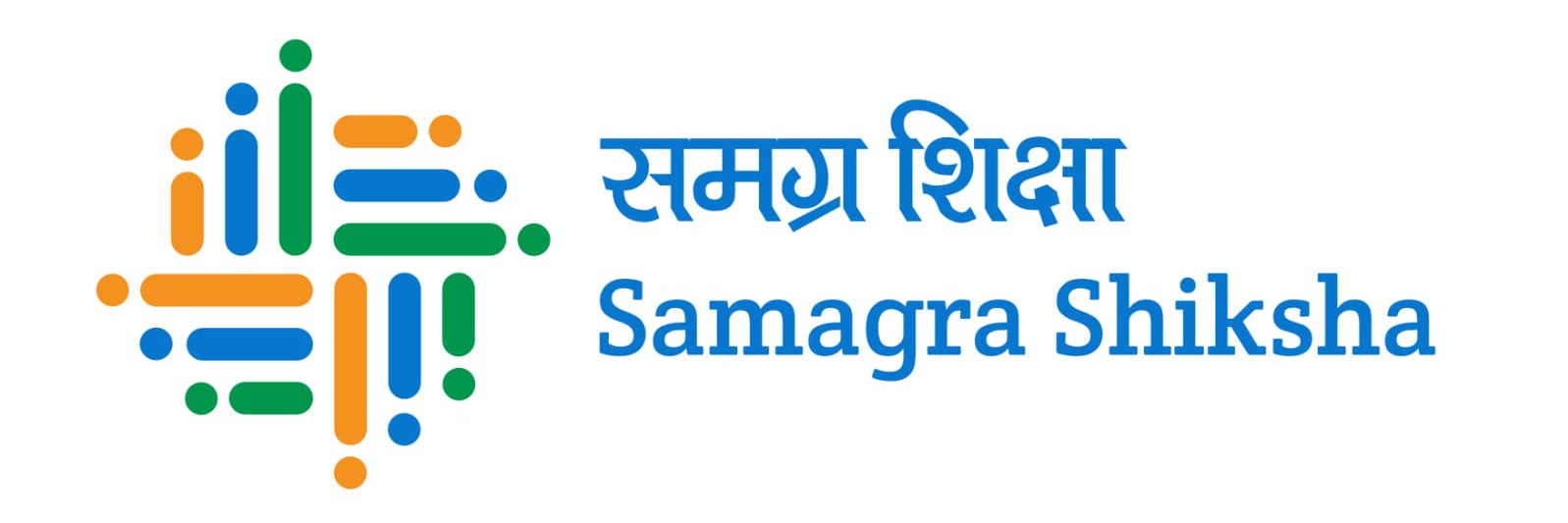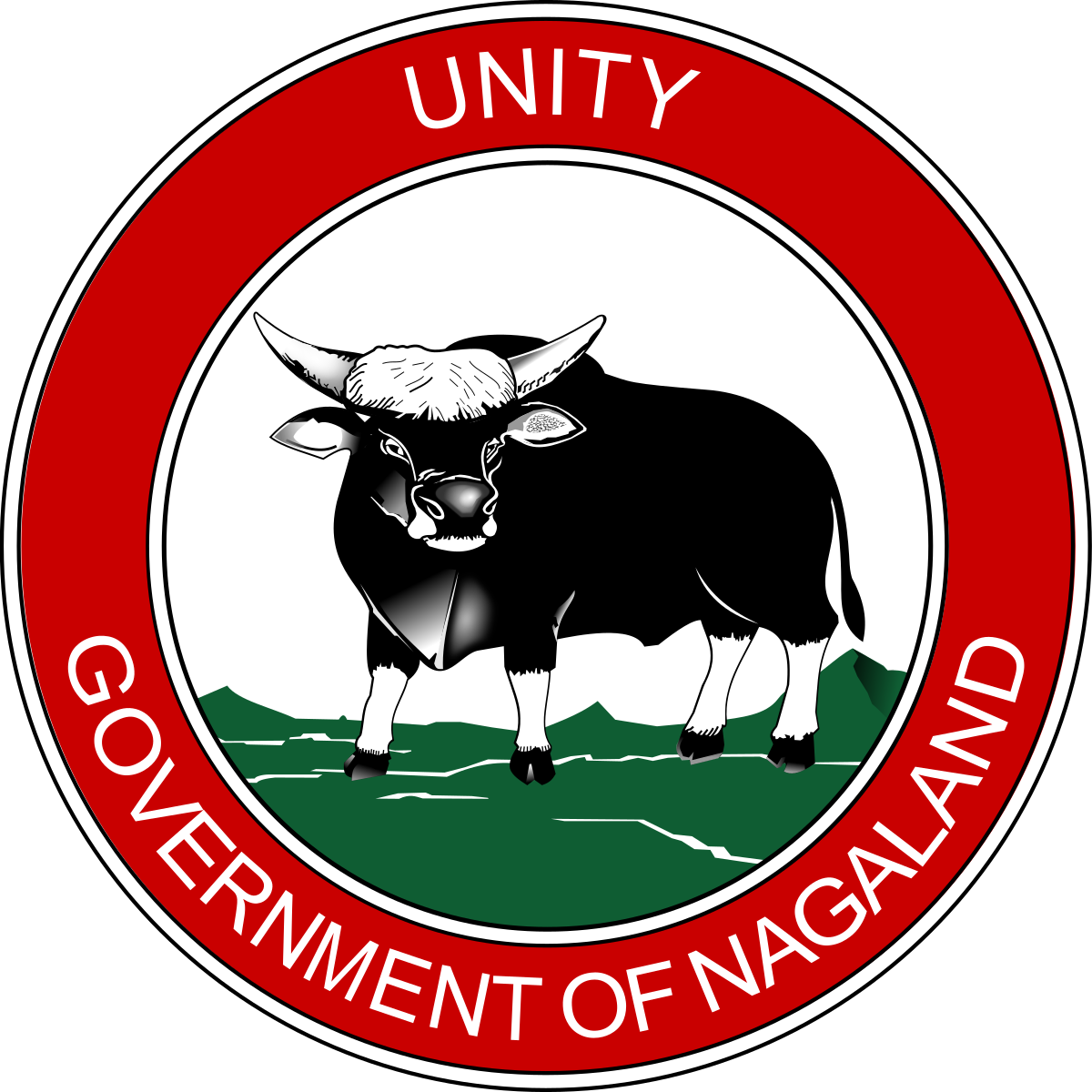Vocational Education
Good practices/hands on activity:

VE Students of GHS Kushiabill, Dimapur under electronics trade initiated repairing school switchboard, damaged wires, fans, light and related electrical appliances as part of practical activities under guidance of Vocational Trainer
Exposure to Vocational Education for upper primary students:
10(ten) bagless days was implemented by schools for classes 6 to 8. Teachers, local artisans, parents etc imparted hands-on activities on how to use of hand tools, wood carving, use of bamboo stripes, weaving, knitting, basket making etc. Students were also exposed to learning outside school where the local artisans demonstrated on how to weave basket, make daos, chopping boards etc. The conduct of such activity has made the students to respect and regard manual work and also enlighten them to identify and plan skill-based productive activities and work apart from their daily classroom learning.
Exposure trips to museums, places of historical places, field visits to nurseries and farms were also carried out to provide students with an opportunity to stretch their views and transform their understanding on the world of work.
Industrial/field visit:
Students of GHS New Market, under Retail trade visited Vishal mart, Kohima

Hands on activities by Students of GHSS Kiphire under Healthcare trade during field visits to District Hospital

Internship for class XI &XII:
Internship initiative for Vocational Education under Samagra Shiksha is underway in 29 Government Higher Secondary schools for class XI & XII students in 11 districts. In line with NEP 2020, Students of Vocational Education will be given exposure and opportunity to gain relevant skills and experience in the field of their vocational studies. The On-Job Training (OJT)/ Internship is an essential component of NSQF based Vocational Education where a student is expected to undergo On-job training during vacations for at least 80 hours in a job role. There is also a growth in support from local entrepreneurs and business establishments who are willingly taking our students as interns in their respective area of specialisation.
It gives the students a first-hand experience of working in a real-life work environment. Thus, providing an opportunity to apply their acquired skills and theoretical knowledge from the classroom to practical experience in the professional ecosystem, gain an understanding of the sector, career prospects and responsibilities, ability to make informed career decisions to help student develop and improve soft skills like communication, teamwork, problem solving etc.to help students develop an entrepreneurial mindset.

Students of Dr.N Kire GHSS with Hon’ble Chief Minister Shri. Neiphiu Rio during the internship

Students of Razhukhrie Government Higher Secondary Schoo,l Kohima doing hands on during the internship
Exposure trip:
State Samagra Shiksha officials, School Head and Vocational Trainers visited to Lend A Hand India training institute, Pune





The aim of introducing vocational education in schools is to prepare students to be employable. Under vocationalisation of school education, vocational courses are introduced along with academic subjects from classes 9 to 12.
Objectives of the Scheme:
- To enhance the employability of youth through demand driven competency based modular vocational courses
- To maintain their competitiveness through provisions of multi-entry multi-exit learning opportunities and vertical mobility/ inter-changeability in qualifications
- To fill the gap between educated and employable
- To reduce the dropout rate at the secondary level
National Skill Qualification Framework (NSQF):
The scheme is operated within the National Skill Qualification Framework (NSQF) which establishes a system of clear educational pathways from school to higher education while providing certification of vocational skills. The aim is to start the project at Class 9th with the goal to make students employable when they complete class 12th.
Silent components of National Skill Qualification Framework include: National Occupation Standards, Multiple Pathways, Recognition of Prior Learning, Industry Engagement, and Competency based Curriculum, Credit Framework, Credit Accumulation and Transfer, Capacity Building, Sharing of Resources, Accreditation of Skill Knowledge Providers, Assessment and Certification and quality Assurance
National Skill Qualification Scenario in Nagaland:
Vocational Education has been introduced in 26 Government schools.
Year wise approval and implementation of schools is as below:
Phase | Approval year (FY) | Implementation year (AY) | No. of Schools |
Phase I | 2014-15 | 2015-16 | 5 |
Phase II | 2015-16 | 2016-17 | 5 |
Phase III | 2016-17 | 2017-18 | 1 |
Phase IV | 2018-19 | 2019-20 | 7 |
Phase V | 2019-20 | 2020-21 | 8 |
Total no. of schools: | 26 |
Phase I to III model schools are established in each of the district headquarters with 2 trades per each school. Samagra Shiksha Nagaland and Nagaland Board of school Education (NBSE) is implementing the Scheme in association with Lend a Hand India to provide Technical and Monitoring Support. The State Government of Nagaland has outsourced the training delivery in these schools to registered Vocational Training Partners (VTP) under NSDC within the guidelines of MHRD scheme.
Trade and Job roles:
Trades | Job roles Class 9-10 | No. of schools | Job roles Class 11-12 | No. of schools |
IT/ITeS | Domestic Data entry operator | 9 | CRM Domestic Voice | 9 |
Tourism and Hospitality | Food and Beverage service trainee | 9 | Meet and Greet Officer | 5 |
Healthcare | Discontinued* | 0 | General Duty Assistant | 4 |
Retail | Store operations Assistance | 2 | Sales Associate | 2 |
Electronic and Hardware | Field Technician - other home appliances | 3 | Field Technician –Wireman Control Panel | 1 |
Beauty and wellness | Asst. Beauty Therapist | 1 | Beauty Therapist | 1 |
Multi Skilling | Multi Skill Foundation course | 10 | ||
Agriculture | Solanaceae crop cultivation | 3 | ||
Total: | 37 | 22 |
District Wise Number of Schools Covered Under VE Programme:
Sr. | District | Hr. secondary Schools | Secondary Schools | Total |
1 | Dimapur | 5 | - | 5 |
2 | Kiphire | 2 | - | 2 |
3 | Kohima | 4 | - | 4 |
4 | Longleng | 1 | - | 1 |
5 | Mokokchung | 2 | - | 2 |
6 | Mon | 3 | - | 3 |
7 | Peren | 1 | 1 | 2 |
8 | Phek | 3 | - | 3 |
9 | Tuensang | 1 | - | 1 |
10 | Wokha | 2 | - | 2 |
11 | Zunheboto | 1 | - | 1 |
Total: | 25 | 1 | 26 |

